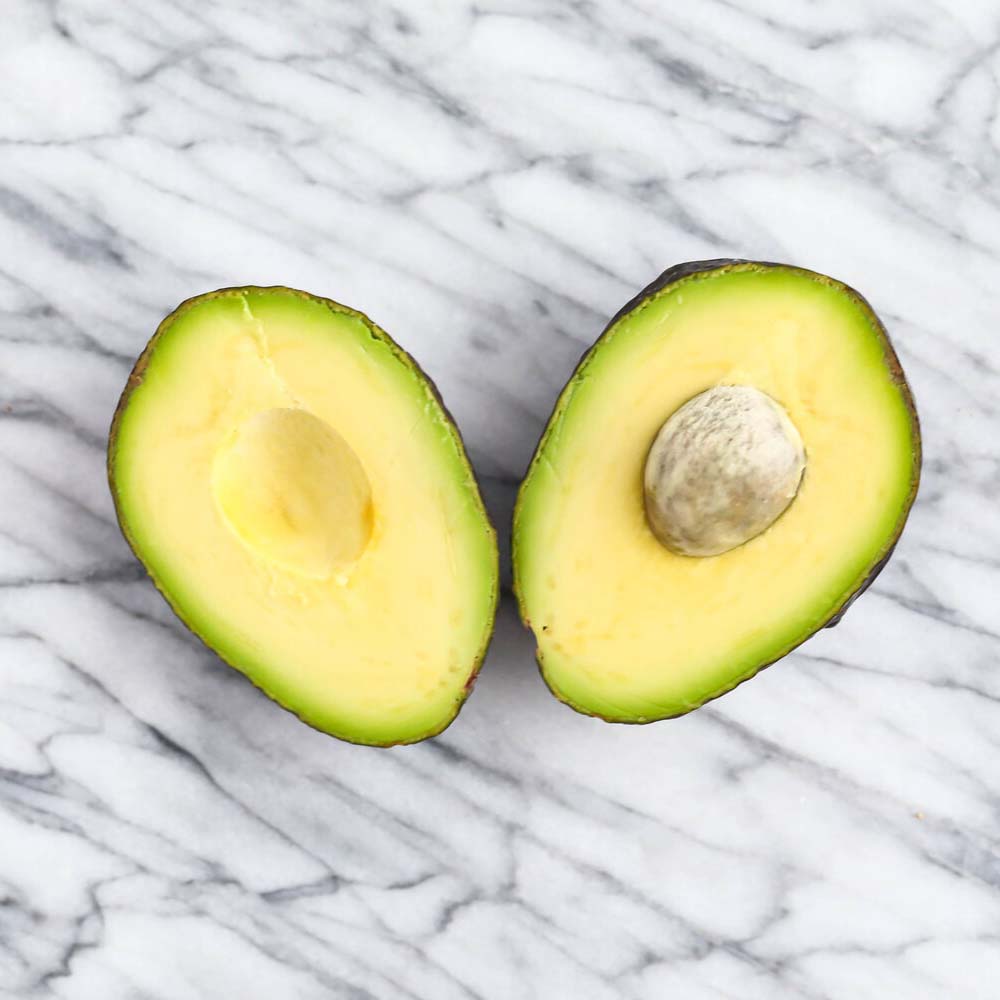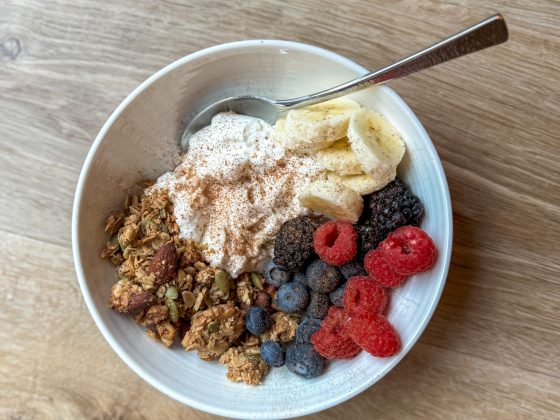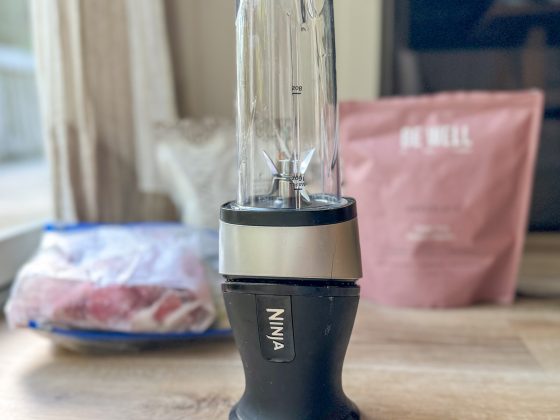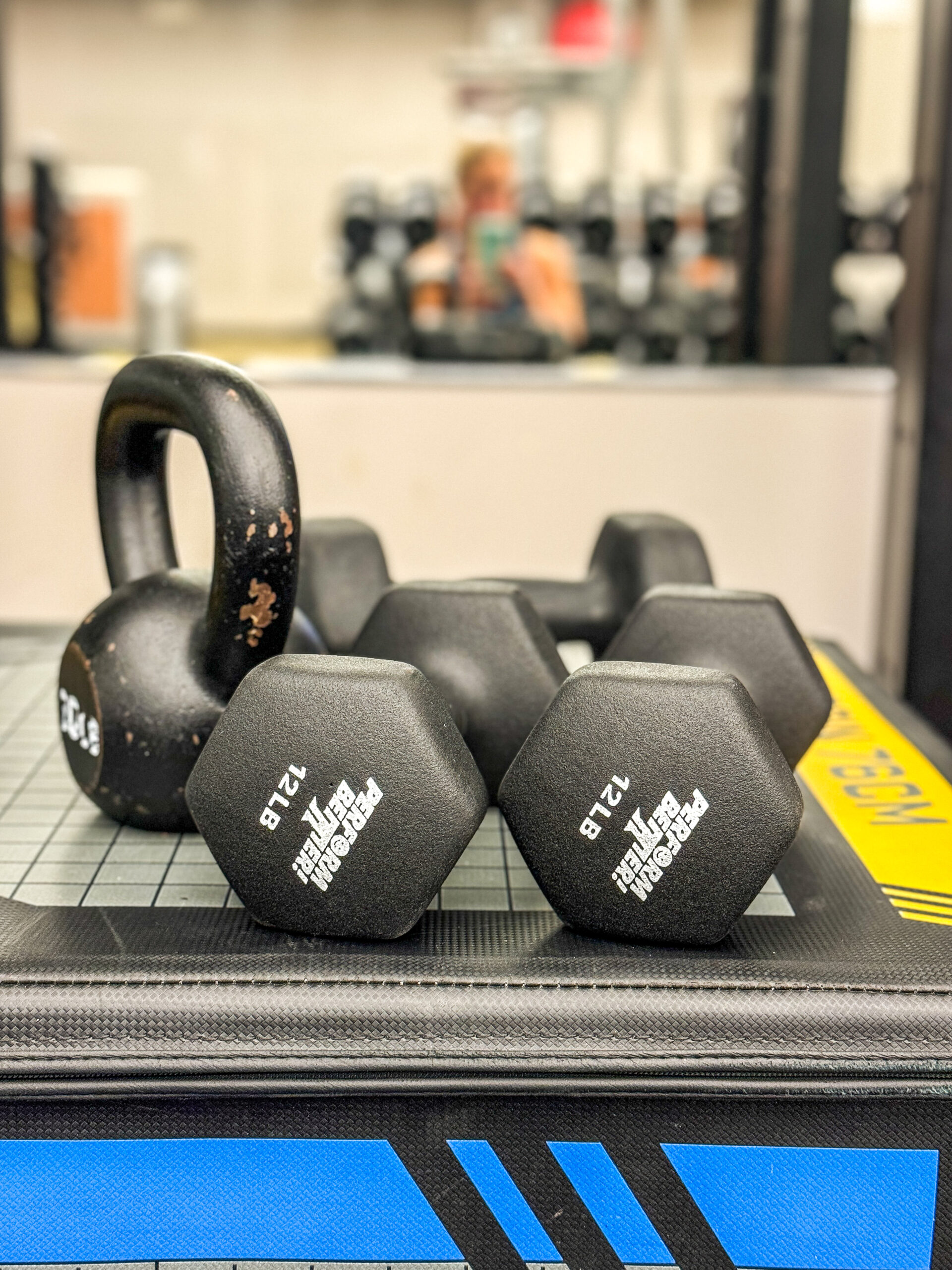If you have high cholesterol, chances are you have high amounts of LDL cholesterol –– also known as the “bad” cholesterol. Specifically, cholesterol is a waxy substance in your blood, according to the Mayo Clinic. There are generally two types of cholesterol — high-density lipoprotein (HDL) and low-density lipoprotein (LDL). HDL is usually considered “good” cholesterol as it is flushed out of the body by the liver, whereas LDL is considered “bad” cholesterol as it can increase your risk of heart disease or stroke, explains the Center of Disease Control and Prevention (CDC).
Well, the good news? You can take healthy steps to naturally lower your cholesterol numbers. “While there are some situations in which cholesterol medications are needed, many patients with elevated cholesterol can successfully lower their cholesterol enough with lifestyle changes. Under many circumstances, this lifestyle therapy should be the first prescription, not medications,” says Dr. Nicole Harkin, MD, FACC, a board-certified cardiologist, clinical lipidologist, and the founder of Whole Heart Cardiology. Here are some diet and lifestyle changes recommended by experts to improve your cholesterol:
Embrace a heart-healthy diet
Many different types of foods can impact your cholesterol in different ways. Experts recommend eating a diverse variety of whole foods as they can do wonders to your body. “High cholesterol is very closely linked to the typical standard American diet, which is high in saturated fat and trans fat, both of which raise cholesterol levels. In order to lower cholesterol, I typically recommend that patients work to cut down their intake of these foods and increase their intake of fiber, which lowers cholesterol. Fiber is found in vegetables, fruits, whole grains, legumes, nuts, and seeds,” says Dr. Harkin.
Stay physically active on a regular basis
Physical activity can increase your levels of “good” (HDL) cholesterol. The American Heart Association generally recommends 150 minutes per week of moderate-intensity aerobic activity, or 75 minutes per week of vigorous aerobic activity. It’s great for adults to get a combination of both, preferably spread throughout the week. If you have a heart condition or other pre-existing condition, speak to your healthcare provider about an exercise plan that is right for you.
Drink alcohol in moderation and quit smoking
There is limited data on the consumption of alcohol and cholesterol levels, but experts recommend drinking in moderation to stay safe. “Excessive alcohol consumption has been linked to the development of hypertension and heart arrhythmias occasionally in addition to liver issues,” says Dr. Dr. Siddarth Singh, MD, a cardiologist at Cedars-Sinai Smidt Heart Institute. He recommends that smoking should completely be avoided as it can increase your risk of developing heart disease, stroke, and certain cancers. Quitting smoking can increase your HDL cholesterol level and decrease your risk of chronic illnesses.










